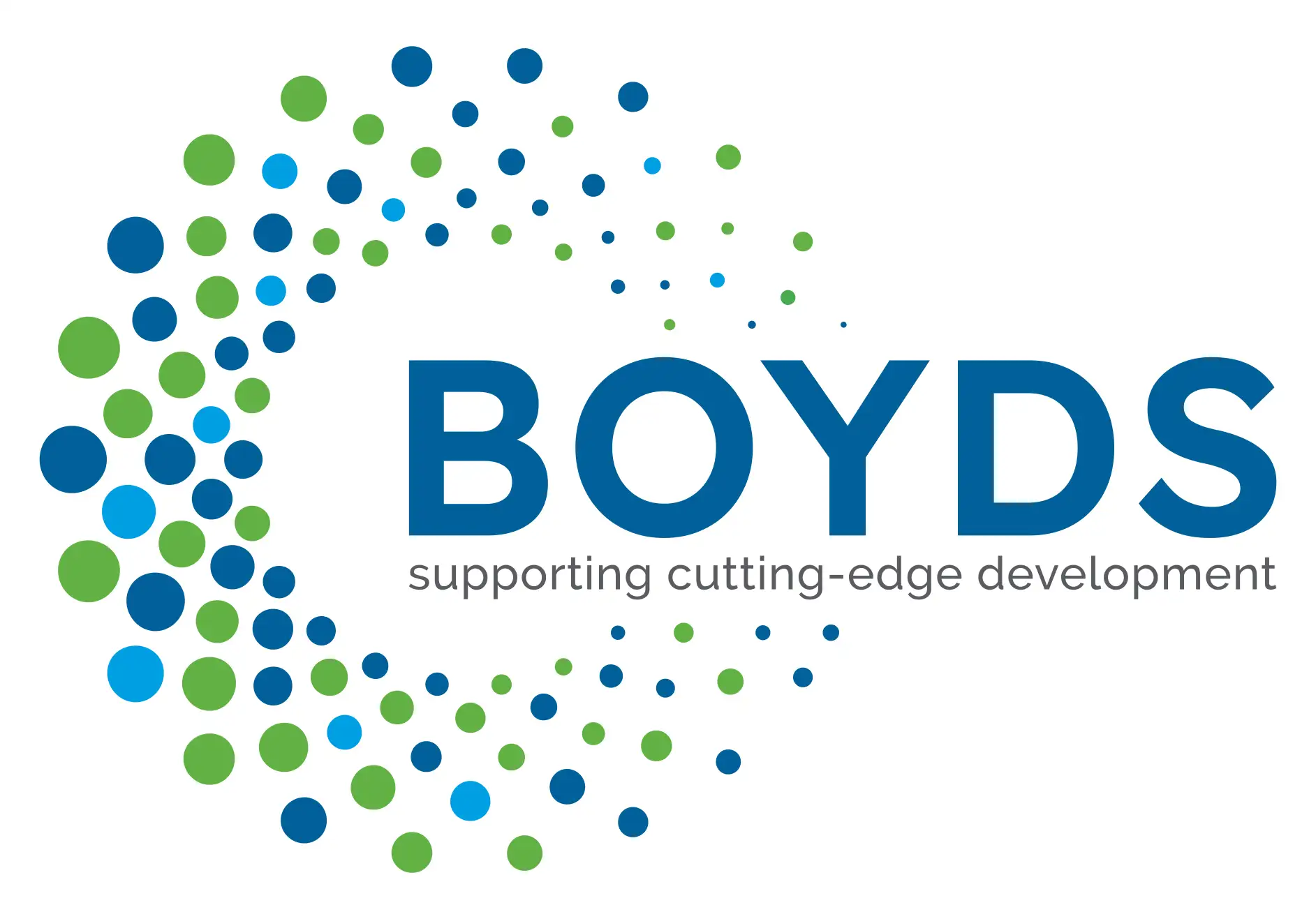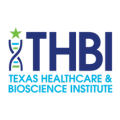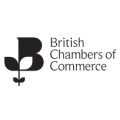Meet the Medics Physicians Experts
Dr Karen Mullen MBBS FRCP FFPM is a highly experienced pharmaceutical physician, having worked internationally across a wide range of therapy areas, including respiratory, metabolic medicine, oncology, rare diseases and immunology.
To date, she has been involved in the development and commercialisation of over 20 medicines including vaccines, diabetes treatments, gene therapy for ocular diseases, and monoclonal antibodies for a range of diseases. Over the course of her career, Karen has been involved in medical strategy and post surveillance monitoring for approximately 75 registered medicines.
Here, we discover more about her career journey, expertise, and views on the evolution of the drug development industry.

Dr Karen Mullen MBBS FRCP FFPM
Chief Medical Officer and Head of Clinical and Medical Affairs
Can you provide a brief overview of your career to date?
I trained as a doctor at Charing Cross & Westminster Medical School at Imperial College London. I have a passion for learning and so have since pursued a number of other post-graduate qualifications, becoming both a fellow of the Faculty of Pharmaceutical Medicine (FFPM) in 2018 and a fellow of the Royal College of Physicians (FRCP) in 2023.
I was also a member of the Prescription Medicines Code of Practice Authority (PMCPA) Appeal Board for three years, which I really enjoyed and learnt a lot from. I also chaired the Association of the British Pharmaceutical Industry (ABPI) Code of Practice Working Group on behalf of the Faculty of Pharmaceutical Medicine (FPM). Last year I had the pleasure of chairing the FPM Annual Symposium.
I joined Boyds from GlaxoSmithKline, where I worked as Country Medical Director for the UK and Ireland, and led and managed a large medical department across clinical research, pharma, and vaccines. Prior to this, I held several roles at GSK including Head of Medical Affairs, Director of Vaccines, and Director of Metabolic Medicine.
I have also worked as an independent consultant working for small and large pharmaceutical companies, including Pfizer and Roche. Prior to this, I spent five years at Eli Lilly as a physician.
What inspired you to pursue a medical career?
“Ever since I can remember, I’ve wanted to become a doctor.”
I have always been curious about understanding the mechanisms behind the human body and the factors which contribute to health and wellbeing. Ultimately, I wanted to solve problems to help patients and make a tangible difference to people’s lives.
Whilst I thoroughly enjoyed interacting with patients in the hospital setting, I quickly developed an interest in pharmacology and clinical therapeutics. I found clinical trials fascinating which sparked an interest in drug development and expanding access to innovative therapies. Pharmaceutical medicine then seemed to be the perfect career.
What hurdles have you had to overcome in your career and how did you learn from them?
Transitioning from hospital medicine to the pharmaceutical industry naturally posed certain challenges. You have to embrace a new mindset. It is important to turn these challenges into opportunities for personal development and learning, and trust in your decision to pursue your genuine interests, taking opportunities that are open to you.
When deciding on a career, I believe it’s essential to understand your purpose, or your ‘why,’ and ensure your chosen career aligns with it. Enjoying and seeing the value in what you do is important and will help in your trajectory, although I always advise people that at times, taking a sideways step is necessary to gain breadth of experience. Medicine offers numerous career options through which you can genuinely impact the lives of others.
Could you name a particularly memorable experience from your career?
I have experienced many memorable moments in my career so far, but being awarded Fellowship of the Royal College of Physicians is a key highlight. It was a real honour to be recognised for my significant contribution to medicine and to have the opportunity to promote pharmaceutical medicine as a medical specialty.
What is your greatest achievement?
It is always a great achievement to see research translated into medicines that patients can access and use to improve their health every day. Although not every drug in development is successful. I have had the opportunity to experience that with several of the medicines I have worked on.
Thinking about your role as a medic, and within the industry, what are you most passionate about?
“I am most passionate about enabling people to live better lives by delivering effective medicines.”
One of the advantages of working in pharmaceutical medicine is being able to see the true benefit of scientific advances and having a greater impact on a broader patient population.
How do you see the industry evolving? What are the emerging trends?
After recently chairing the Faculty of Pharmaceutical Medicine’s Annual Symposium, I have observed various trends shaping pharmaceutical medicine. We are going to see an increased focus on diversity in clinical trials, driven by advances in real-world data and real-world evidence. In addition, there are significant innovations in genomics and AI taking place that have the potential to enhance insights for drug development.
The impact of the ever-changing global climate on public health will be another point of interest, as well as health equity and improving access to medicines. We are also seeing a noticeable shift towards preventative medicine in the sector, moving beyond the traditional approach of solely treating human diseases.
It is an exciting time to be involved in drug development and keeping pace with innovation in research will be crucial as we strive to bring new therapies to the patients that need them.









